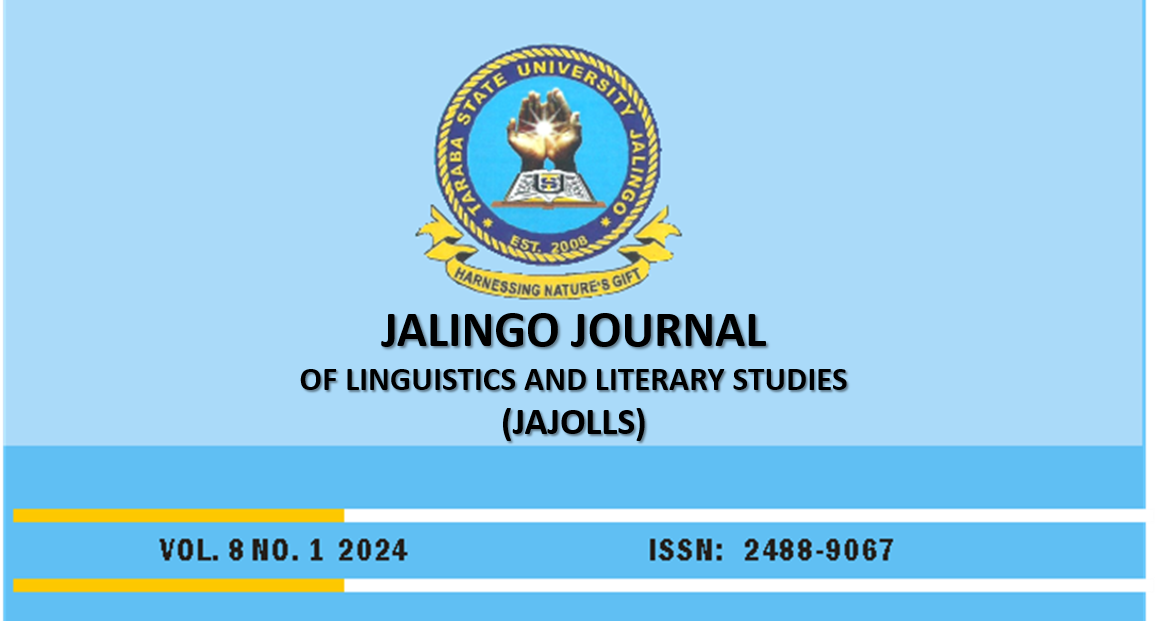New Englishes: A Sociolinguistic Perspective to the Nigerian Situation
Keywords:
Linguistic exchanges, Great Britain, Nigeria, Multilingual, Second languageAbstract
Over the centuries, English has continued to have intense linguistic exchanges with other European and non-European languages. Coupled with the need for global communications, English varieties have developed all over the world. Today, English is spoken
as first language in Great Britain, Ireland, the United States, Canada, New Zealand, Australia and South Africa. English has spread much to the world as a second language with the language being used both internally and internationally. New varieties of English have emerged in societies where English has a multilingual status of a second language. Nigeria like most other territories of the British Empire uses English as a language of official business, law, commerce, instruction at all strata of education, air traffic, etc. This paper contends that the diversity of the many varieties all over the world has led to what is now characterized as New Englishes.
One of the major aims of this paper is to put the concept of New Englishes into perspective, chart a course for understanding the nature of the development of New Englishes in their contexts and examine the relationship between social interaction and English language in the Nigerian context. The paper compares the syntactic structure, vocabulary and phonology of some words in standard British English usage and Nigerian English (NigE) to buttress the arguments for and against the New Englishes.

